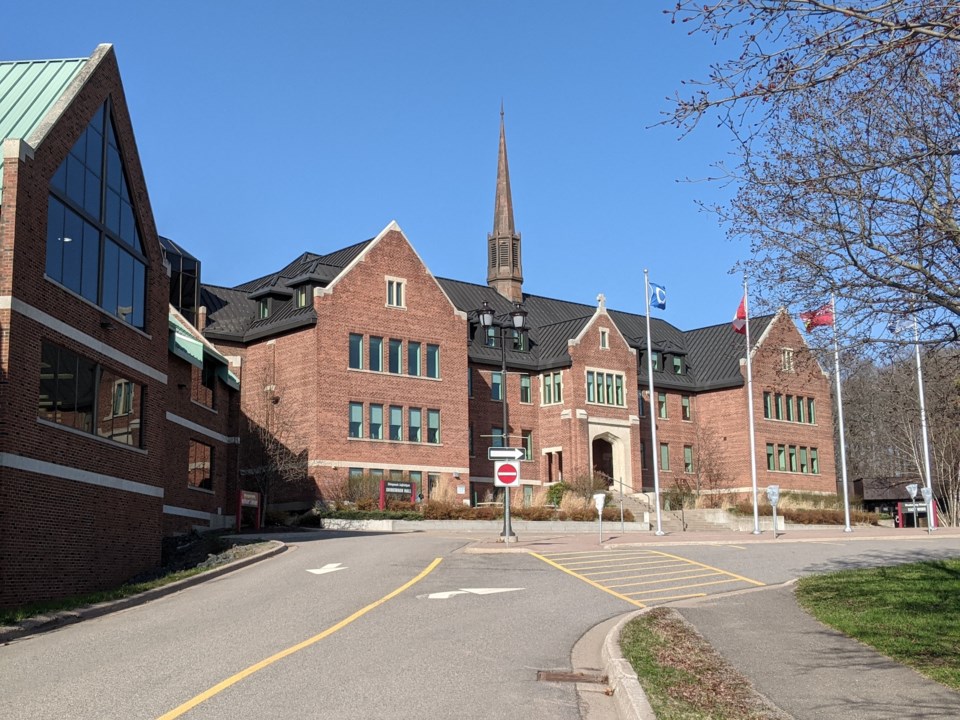The Gabegendaadowin program at Algoma University has received $262,500 in federal funding to further its goal of fostering Indigenous cultural understanding.
"Gabegendaadowin is designed to bridge the gap between non-Indigenous and Indigenous peoples by fostering an environment of cultural understanding and sensitivity," states a news release issued by Algoma University. "It will introduce the history and culture of Indigenous peoples, and the impact of systemic biases inflicted upon them and their communities over two intensive days."
Full text of the release follows:
Algoma University recently received $262,500 in funding from the Government of Canada’s Canadian Heritage Anti-Racism Action Program (ARAP) for the Gabegendaadowin program. Formerly known as Shifting Indigenous Frontline Tactics - SHIFT, Gabegendaadowin translates into mutual respect, thoughtfulness, care, consideration and awareness for others. It is an experiential training program geared towards public, social service, government agencies, the private sector and Indigenous communities.
Gabegendaadowin is designed to bridge the gap between non-Indigenous and Indigenous peoples by fostering an environment of cultural understanding and sensitivity. It will introduce the history and culture of Indigenous peoples, and the impact of systemic biases inflicted upon them and their communities over two intensive days. Algoma University will deliver this project under the Office of the Nyaagaaniid, Anishinaabe Initiatives - Anishinaabe Academic Resource Centre.
Program objectives and content ensure participants actively engage in perspective-taking and immersive open learning, allowing them to “walk in someone else’s shoes.” The training will provide reflective communities of practice for front-line workers employed in a range of public service and private sector settings. Participants will be guided to develop and carry out cooperative and individual strategies to identify and eliminate their own cultural biases in professional roles and personally. In addition, all involved will experience a balanced learning approach of information, knowledge sharing and cultural experiences appropriate for all participating groups, regardless of sector, race, age or gender.
“We want to thank the Canadian Heritage Anti-Racism Action Program for its generous funding contribution toward the delivery of the Gabegendaadowin program,” shared Paul Sayers, manager, Indigenous Community Relations, Training and Development. “We are hopeful that this will contribute to improved relationships between Indigenous people and non-Indigenous people who participate in the program.”
